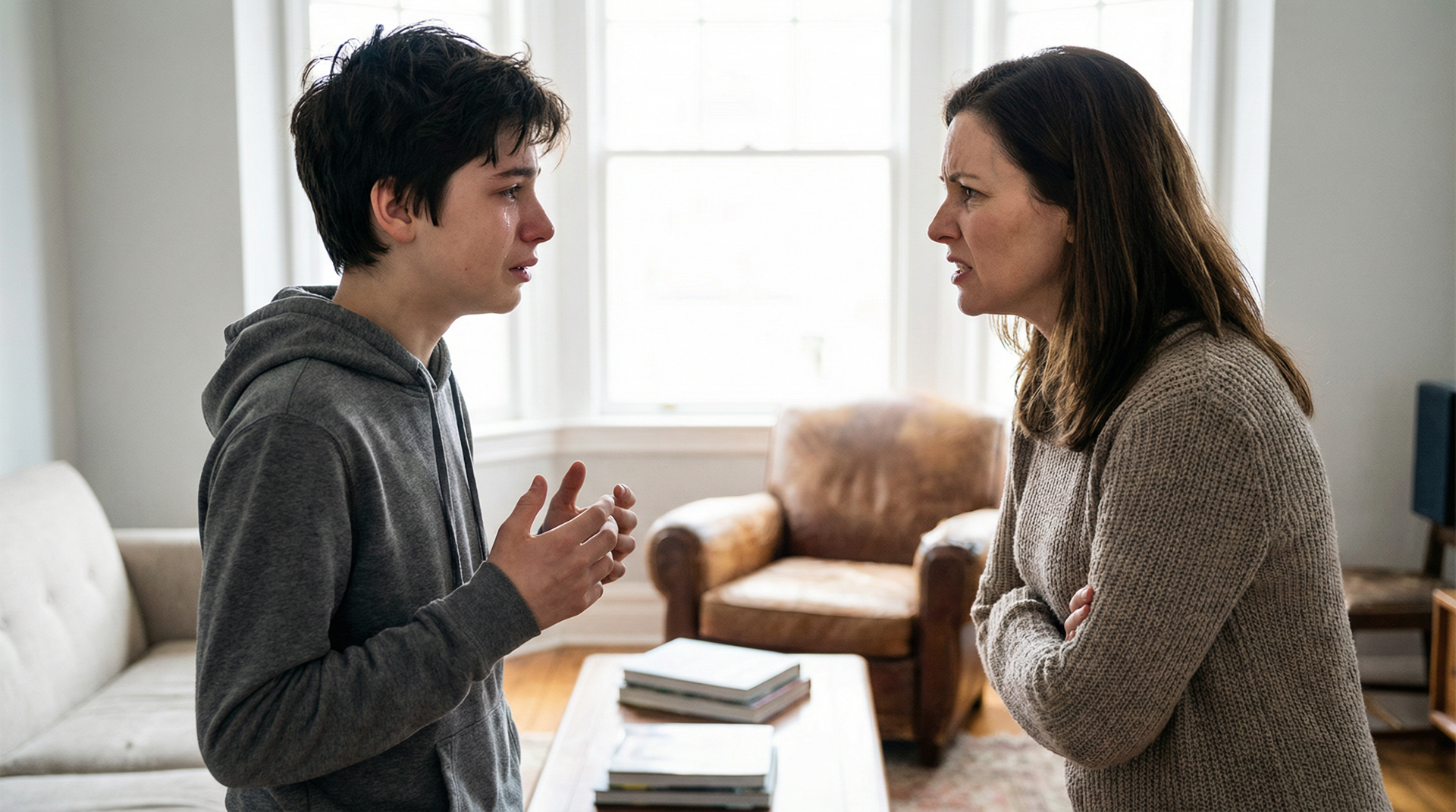
Definition of Emotional Dysregulation Beyond Mood Swings
Learn the definition of emotional dysregulation in kids. Understand causes & find support for your child’s big feelings.
PARENTING HUB
Blog – Parenting Hub
Blog
PARENTING HUB

Definition of Emotional Dysregulation Beyond Mood Swings
Learn the definition of emotional dysregulation in kids. Understand causes & find support for your child’s big feelings.
The effectiveness of diagnosis and treatment vary by patient and condition. Dr. Roseann Capanna-Hodge, LLC does not guarantee certain results.